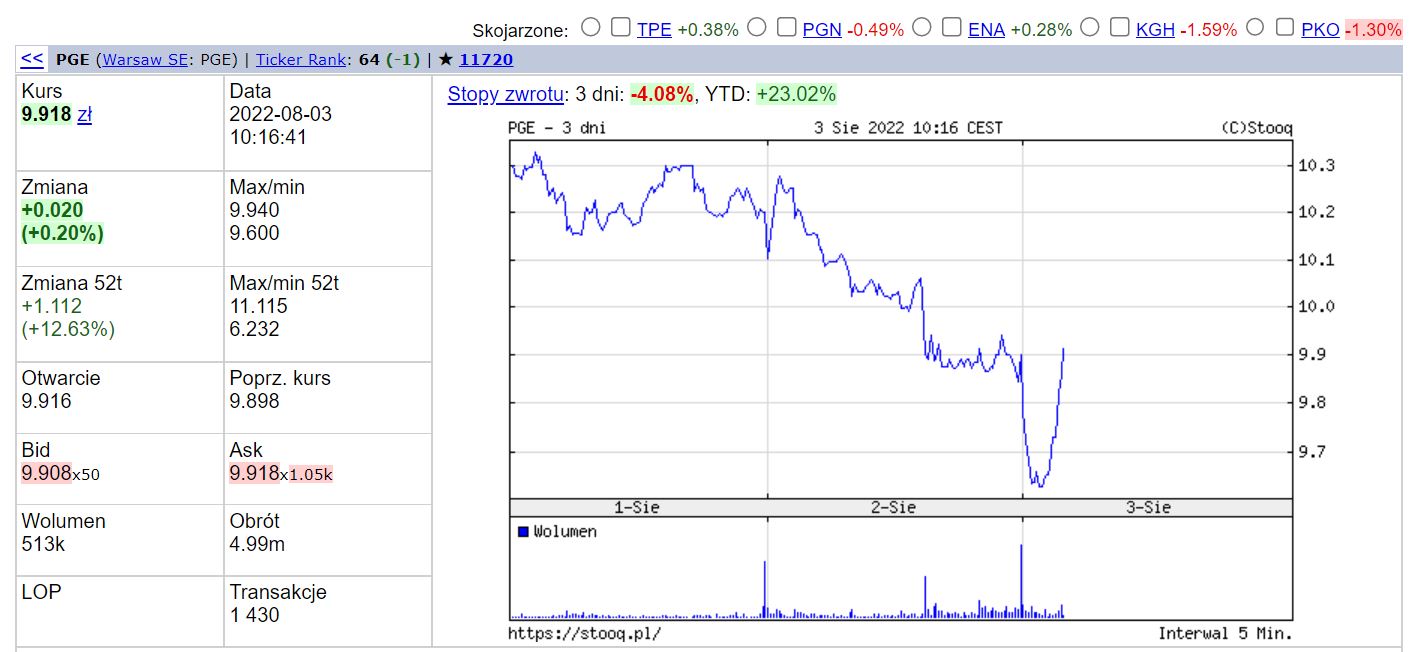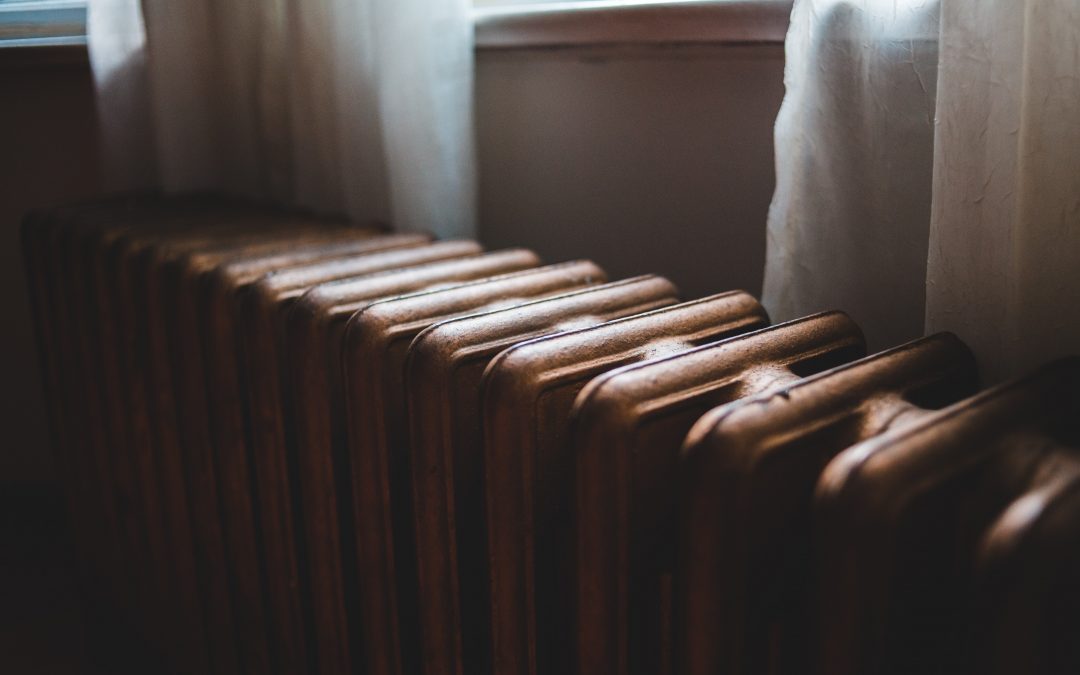Energy companies must shoulder the majority of rising costs so that households suffer as little as possible, Prime Minister Mateusz Morawiecki has declared, as fears of an energy crisis this winter grow.
“The most important thing is that Polish families suffer as little as possible in this crisis,” he said at a press conference on Tuesday. “Households will certainly also feel the increases, but they will be relatively small. The bulk of these price increases should be borne by the energy companies.”
In his opinion, easing the burden of rising energy prices on consumers should be carried out in a similar way to the recently introduced law allowing mortgage holders to postpone repayments, where the cost of helping borrowers was indirectly pushed onto banks.
However, the prime minister did not provide details of what mechanism could be used to make energy companies – most of which are state owned – take on the majority of the higher costs.
In reaction to the prime minister’s statement, shares in energy companies began to fall on Tuesday afternoon, initially dipping 2-3% each, reported news service Interia.
On Wednesday morning, however, companies including state-owned PGE, ENEA and Tauron recovered most of their losses, according to trading data published on financial service Stooq.pl.

Source: stooq.pl
In response to concerns about the rising prices of energy resources, especially coal, which 36.5% of Polish households use for heating, the government has been trying to reduce the impact on consumers. For example, it has offered one-off payments of 3,000 zloty (€639) to households that heat with coal.
The allowance – which can be used for any purpose, not just buying coal – is granted to all coal-heated households regardless of income. But homes that use other heat sources, such as gas, the price of which has also been rising in recent months, are not entitled to the allowance.
Experts point out that the scheme is inefficient, as it excludes poor people who heat with something other than coal, while rich coal users can benefit from the support.
A United Surveys poll this week for Dziennik Gazeta Prawna and RMF FM found that 72% of the public thought the allowance should be given to users of other heating sources and that almost 70% think the money should only go to low-income households.
Rządowy #dodatekwęglowy nie daje wsparcia połowie mieszkańców o niskich dochodach, ale wspiera aż 30% z wysokimi dochodami. #dodatekenergetyczny kieruje pomoc tam gdzie jest ona naprawdę potrzebna 👉https://t.co/G3o7XTT6cy pic.twitter.com/6mr5brd5HQ
— IBS Fundacja Naukowa (@ibs_thinktank) July 28, 2022
In addition, activists who fight to improve Poland’s air quality – which is among the worst in Europe – are warning that supporting only households which heat their homes with coal is in contradiction to the anti-smog policies of recent years.
“The funniest thing is that they don’t have to buy [coal] with the money,” wrote Przemysław Lebda, an official from Kamionka Wielka who helps residents obtain subsidies for clean heat sources. “They can use the money for other purposes and can [burn] waste in the heater, because in a while it will turn out that coal isn’t available anyway.”
“Property owners who have been adamant and have not replaced their [coal] heaters are even making fun of those who have given in to public campaigns [to install cleaner ones],” he added. “Not only can you burn everything in the old heaters, it’s also much cheaper. And you get a subsidy.”
Last month, the government temporarily suspended quality standards for the burning of coal, justifying the decision on the basis of the “risk of citizens not being able to purchase heating coal, which may contribute to an increase in fuel poverty”.
Main photo credit: Erik Mclean/Unsplash

Alicja Ptak is deputy editor-in-chief of Notes from Poland and a multimedia journalist. She has written for Clean Energy Wire and The Times, and she hosts her own podcast, The Warsaw Wire, on Poland’s economy and energy sector. She previously worked for Reuters.




















